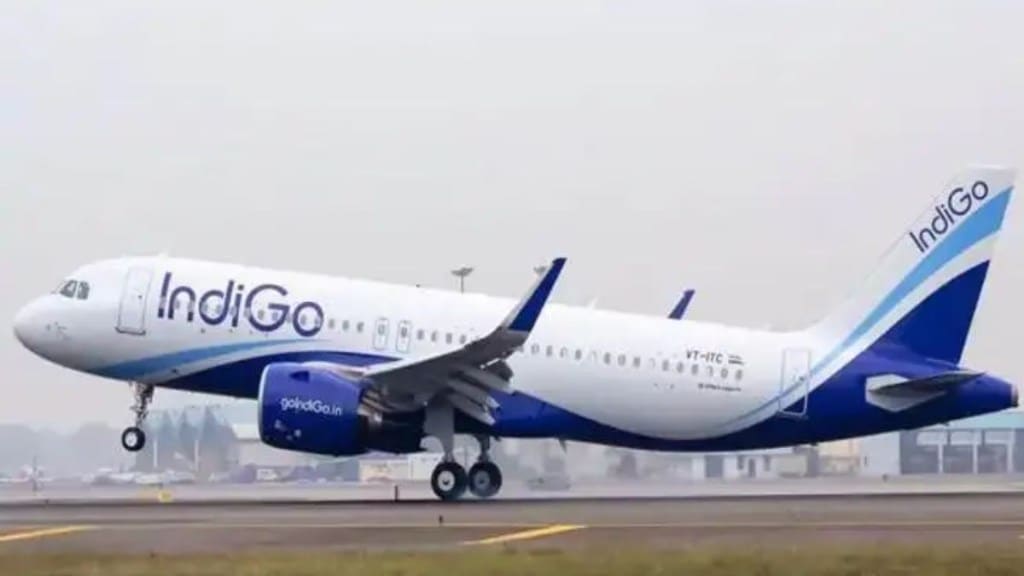At a time when Air India, under Tata Group, is putting its house in order and gearing up for competition, rival and market leader IndiGo is leaving no stone unturned to maintain its leadership position in the country. The carrier has indicated some tweaking in its brand to make a distinction between its international and domestic operations. It is also open to offering categories other than economy class in the future.
In an interaction with FE, Pieter Elbers, CEO, InterGlobe Aviation, however, said that despite the tweaking, the airline will not have two brands.
“I am not a big fan of having two different brands under one umbrella. We have a very strong brand having a very strong customer proposition. We may evolve the brand further; we may tune the brand a bit different. The strength of the IndiGo brand in India is enormous. We will have the opportunity to slowly get more exposure outside of India. Internationalisation is an important part of our strategy,” Elbers said.
His comments are significant as Air India will have two brands – one being full service and the other being low-cost (Air India Express).
Elbers said that IndiGo is confident of retaining its leadership following the recent record aircraft orders placed by Air India.
Over the next decade, IndiGo will induct 480 additional aircraft into its fleet, which is higher than the 470 confirmed orders placed by Air India on Tuesday. At present, IndiGo has 302 operational aircraft in its fleet while Air India (Vistara, Air India Express and AirAsia India) has around 227.
IndiGo, which started operations 16 year ago, has improved its market share to 56% as a low-cost carrier using single aisle Airbus A320 and A321. Although the company is flying to 26 international destinations, the airline offers only economy class.
But with the long-range XLR aircraft from Airbus scheduled for induction in the next 1-2 years, it will take the carrier further into Europe.
On IndiGo offering business class in near future, Elbers said, “We had to do a lot to have the widebody from Turkish Airlines introduced in our fleet. We are not ruling out anything. Flexibility and doing things step by step is the approach we are taking.”
IndiGo took a Boeing B777 on damp lease from its code share partner Turkish Airlines a few weeks ago, making it a first in its history. Although the twin aisle airplane offers business class, IndiGo customers do not have the option of buying them as they are sold only by its partner airline.
Air India already has a multi-class offering – first, business, premium economy and economy – across its wide portfolio. It has already stated its ambitions of grabbing a 30% market share in India under 5 years, from around 22-23% at present.
Due to the absence of any long-haul planes in its fleet, IndiGo’s reach has been restricted to Southeastern Europe, West Asia and Southeast Asia. Countries in Western Europe, North America and in the Pacific are not catered to directly by IndiGo. It, however, has codeshare agreements for these markets with Qantas, Qatar Airways, American Airlines, Air France, KLM and Virgin Atlantic.
By end of this year, IndiGo is targeting 80 million passengers and by 2024 end, the airline has raised its target to 100 million customers. It is also looking to expand the network to 115 destinations from around 104 destinations at present.
